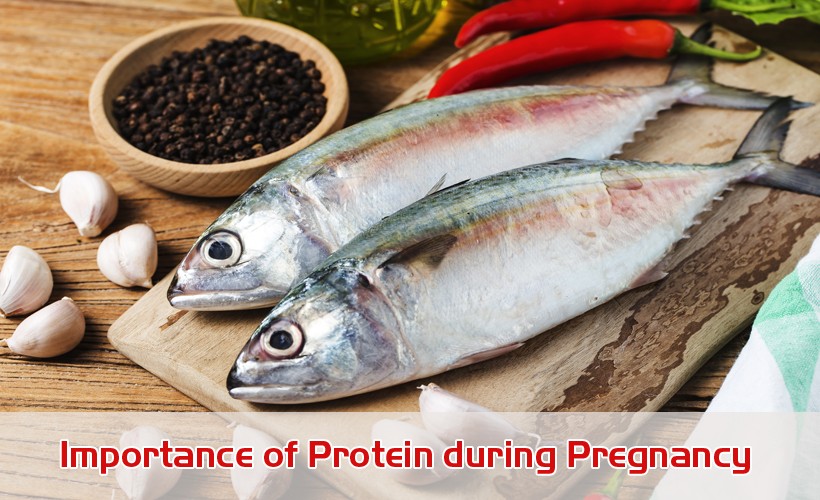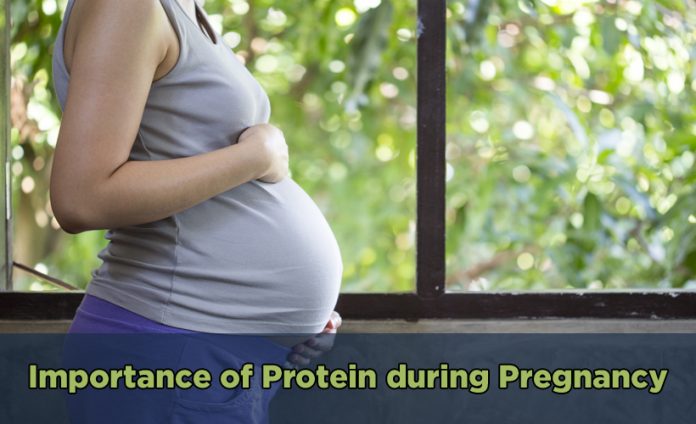For adults, protein is essential for maintaining the body because it is necessary for different body functions.
Protein, made up of one or more long chains of amino acids, is an important component of every cell in your body. It helps build and repair tissue; make enzymes and hormones and build bones, muscles, cartilage, skin and even blood.
When you are pregnant, adequate dietary protein is essential for your baby’s health. The amino acids in protein help build everything from your baby’s muscles to his brain.
Proteins are also needed to produce the right amount of blood cells and help the body produce iron, an important nutrient that helps you maintain a healthy immune system. Women often need more iron than usual when they are pregnant.
Proteins also help the breast and uterine tissue to grow during pregnancy.
On the other hand, low protein intake during pregnancy can lead to a number of health problems for both the mother and the newborn.
First, it can cause weakness and increased fatigue in the future mother.
For the developing baby, a low protein diet can result in poor muscle and joint development, poor bone development, muscle or bone deformities, miscarriage, brain damage, and a high risk of birth defects.
In fact, if there is a lack of protein, your baby growing up in the womb will start breaking down his own tissues to get building blocks for the body, thus preventing both from staying healthy.
Table of Contents
Research on the importance of protein during pregnancy
Several studies have highlighted the importance of protein during pregnancy.
For example, a 2013 study published in the Journal of Health, Population and Nutrition reports that the growth rate was strongly influenced by breast milk and protein intake. These results suggest that the contribution of common nutrients or other nutritional factors present in milk and proteins promotes fetal growth.
 How Much Protein is Needed during Pregnancy?
How Much Protein is Needed during Pregnancy?
According to the American Pregnancy Association, pregnant women need 75 to 100 grams of protein a day.
That’s about 25 grams more than you would normally need.
However, your protein needs may be a little less or more depending on your level of activity. If you are very active and exercise regularly, you can increase your protein intake from 80 to 100 grams per day.
What are the healthy sources of protein?
While lean meats, poultry, and fish such as salmon, halibut, trout, cod, and perch are excellent sources of protein, there are healthier options you should try.
Other sources of protein on which many pregnant women depend are beans, tofu, peanuts, wheat germ and whole grains.
Protein shakes and protein bars are also nutritional supplements that can help some women to meet their protein needs.
During pregnancy, you should avoid soft and unpasteurized cheeses, fish with high mercury content, unpasteurized milk and processed meats such as deli meats.
Although these foods are high in protein, they are also likely to develop bacteria, which can lead to many food-borne illnesses. So, it is best to avoid these sources of protein during pregnancy and during recovery.
Conclusion
Aside from paying attention to your protein intake, you need to take your prenatal vitamins and eat a balanced diet.
At the same time, regular exercise, adequate sleep, deep breathing and low-stress levels are of vital importance during pregnancy.

